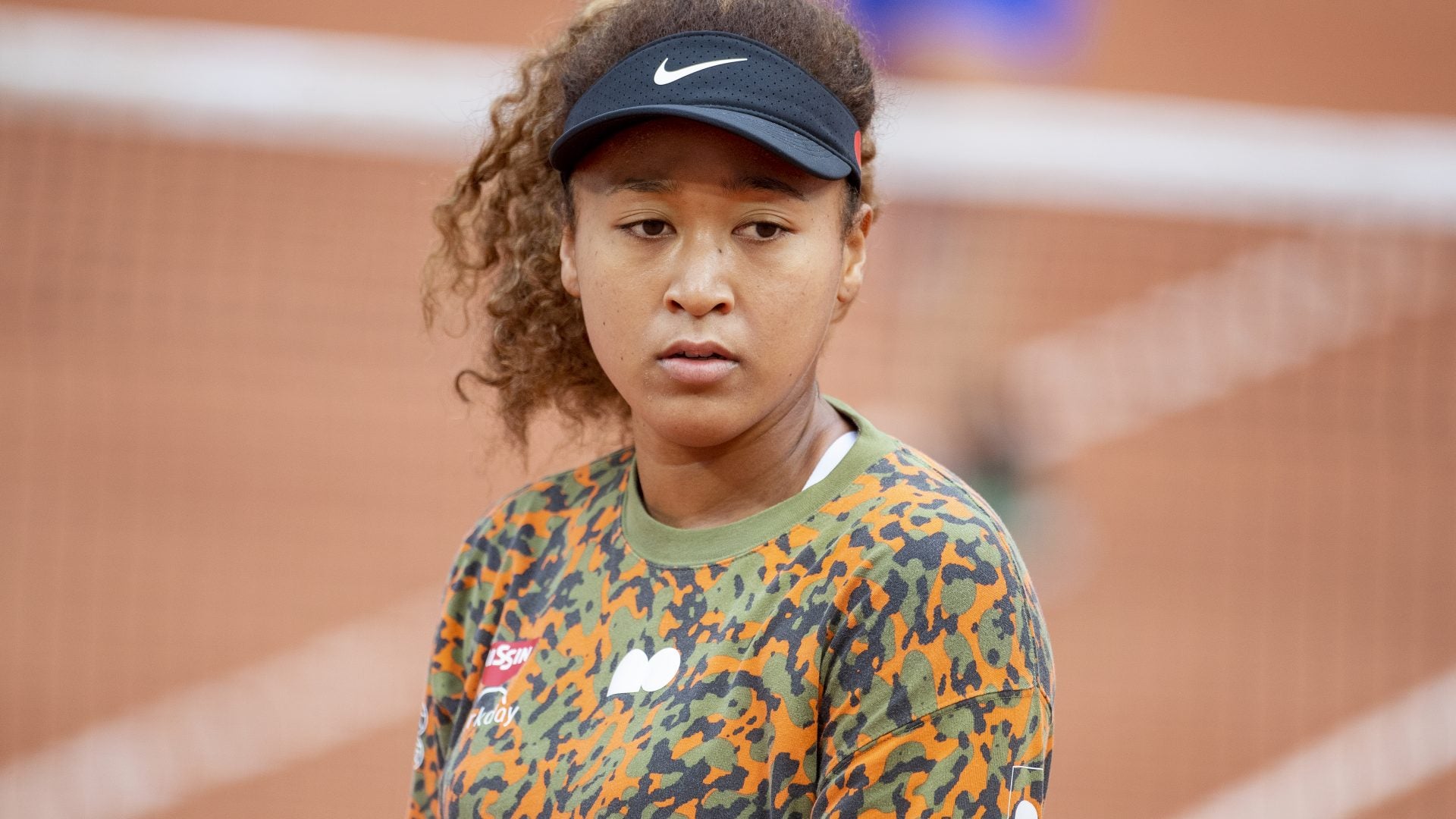
Welcome to Keeping It Z, ESSENCE’s new column where we touch on and analyze all things Generation Z. For our second piece, editor Brooklyn White talked about the backlash Naomi Osaka received after announcing she would not be participating in press at the French Open.
On May 27, four-time Grand Slam singles champion Naomi Osaka announced she would not be participating in press for the 2021 French Open. In an open letter, she noted being a part of the mandatory interviews was detrimental to her mental health. On Instagram, she wrote: “I’ve often felt that people have no regard for athletes mental health and this rings very true whenever I see a press conference or partake in one. We’re…asked questions that bring doubt into our minds and I’m just not going to subject myself to people that doubt me.”
As a result, Osaka was fined $15,000 for opting out of press and ultimately resigned from the tournament. She has been blasted by Piers Morgan (who has a history of verbally attacking Black women), a commentator who called her a “spoiled brat.” My question is this: why is it that Black women cannot do what suits them without punishment and severe critique?

In her 1937 book, Their Eyes Were Watching God, Zora Neale Hurston said that like mules, Black women carry the world’s wishes on our backs. We smile, we dance, we hide grimaces to participate. We do everything that is asked of us, exactly how it is asked, even to our own detriment. People don’t concern themselves with whether we wither or not. We’re asked for more of the grueling song and dance, no matter how inauthentic or harmful. It’s only really a point of concern when we halt.
Read our piece on the Zora Neale Hurston’s legacy here.
“You can go back to slavery and back to when people took care of white families, our needs were not important,” Dr. Charmain Jackman, a licensed psychologist and the Founder/CEO of InnoPsych said to ESSENCE. “It is an affront to have a need, express that need and expect that people will respond to it. Dr. Jackman also shared that she does not believe Black women are able to establish boundaries without pushback. “When women of color set boundaries, people don’t like it…But for [Naomi] to stand her ground and say, ‘No, I’m not going to play anymore,’…she’s not wavering in her boundaries.”
Naomi’s decision to discontinue her relationship with press for the French Open is reminiscent of a 1999 incident at the Australian Open. Venus Williams was playing against Lindsay Davenport, when one of her famous beads fell out of her hair. She was penalized, having one of her points taken and ended up losing the match. Williams’ opponent said that her beads were “annoying,” while Williams said, “No, I shouldn’t have to change for any other circumstance—I like my hair.” I cannot imagine how difficult it was for Williams to have a part of her culture referred to as a nuisance during a public press meeting after having been punished for who she is. These type of microagressions are common and may also contribute as to why Osaka is choosing not to stick around for them.
Naomi deserves boundaries. Furthermore, as a young Black woman, she should be praised for them and not made to feel wrong for enforcing them. We support her pursuit of mental wellness because we understand the necessity of peace for Black women navigating life.
